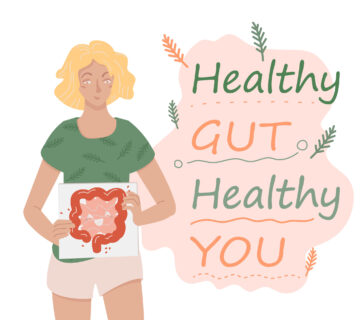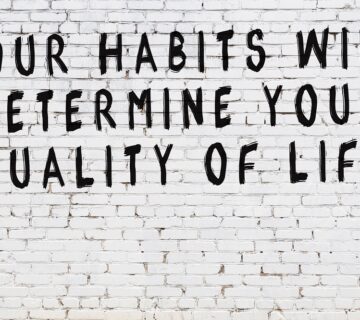From The American Dietetic Association:
It seems everyone is talking about “detox” or considering a “cleanse.” Toxins are said to be the problem, but when was the last time anyone explained what detoxes or cleanses actually are?
How the Body Naturally Detoxifies
Detoxification is a process that the body performs around the clock utilizing important nutrients from the diet. It’s the process that transforms molecules that need to be removed from the body, or “toxins.” They fall into two main categories: molecules that are made in the body as byproducts of regular metabolism (endotoxins), and those that come from outside the body and are introduced to the system by eating, drinking, breathing or are absorbed through the skin (exotoxins).
Endotoxins include compounds such as lactic acid, urea and waste products from microbes in the gut. Exotoxins include environmental toxins and pollutants, pesticides, mercury in seafood, lead from car exhaust and air pollution, chemicals in tobacco smoke, dioxin in feminine care products, phthalates from plastic and parabens from lotions and cosmetics.
Detoxification also is the process by which medications are metabolized, then excreted. Because toxins are potentially dangerous to human health, they need to be transformed and excreted from the body through urine, feces, respiration or sweat. Each person’s ability to detoxify varies and is influenced by environment, diet, lifestyle, health status and genetic factors, suggesting some people could require more detoxification support than others. But if the amount of toxin to which a person is exposed exceeds his or her body’s ability to excrete them, the toxins may be stored in fat cells, soft tissue and bone, negatively affecting health. This is the rationale that supports the use of practices that support the body’s own detoxification capabilities.
Most detoxification programs recommend removing processed foods and foods to which some people are sensitive, such as dairy, gluten, eggs, peanuts and red meat, and eating mostly organically grown vegetables, fruit, whole nonglutenous grains, nuts, seeds and lean protein. Other programs recommend fasting, a potentially risky practice for some people, which may actually suppress detoxification pathways in the body. This is why many health practitioners advise against this practice.
Many noncredentialed people claim to be experts in detoxification, and many seasoned health professionals are not well versed in detoxification protocols. Because detoxification programs can vary widely and may pose a risk for some people (such as people with multiple maladies, those who take multiple medications and pregnant or breast-feeding women), it is important to work with a credentialed health professional who understands your health status and goals and who is able to evaluate detoxification programs for safety and effectiveness. Consider working with an integrative and functional medicine dietitian.
9 Ways to Support Your Body’s Natural Detox
Detoxification support doesn’t need to consist of a rigorous plan; doing some or all of the following can support detoxification:
Maintain adequate hydration with clean water.
Eat five to nine servings of fruit and vegetables per day.
Consume enough fiber each day from vegetables, nuts, seeds and whole grains.
Eat cruciferous vegetables, berries, artichokes, garlic, onions, leeks, turmeric and milk thistle, and drink green tea. These foods support detoxification pathways.
Consume adequate protein, which is critical to maintaining optimum levels of glutathione, the body’s master detoxification enzyme.
Consider taking a multivitamin/multimineral to fill any gaps in a healthy diet, since certain vitamins and minerals enable the body’s detoxification processes to function.
Eat naturally fermented foods such as kefir, yogurt, kimchi and sauerkraut — or take a high-quality probiotic — to help the body manage toxins from microbes that live in the gut.
N-acetylcysteine (NAC), a precursor to glutathione, often is recommended to support the body’s natural detoxification activity.
Maintain bowel regularity.
If you are in good health and are interested in a detoxification program, check in with a registered dietitian nutritionist or physician who understands the body’s detox capabilities, can help evaluate different products and programs and recommend a plan that works for you. Practitioners trained in integrative and functional nutrition and medicine are well-trained in safe detoxification protocols and can be a wealth of information.
If you are in need of nutrition counseling in the North Dallas Location at Fit N Pilates, please contact us! A Registered Dietitian is available for your nutritional needs.





